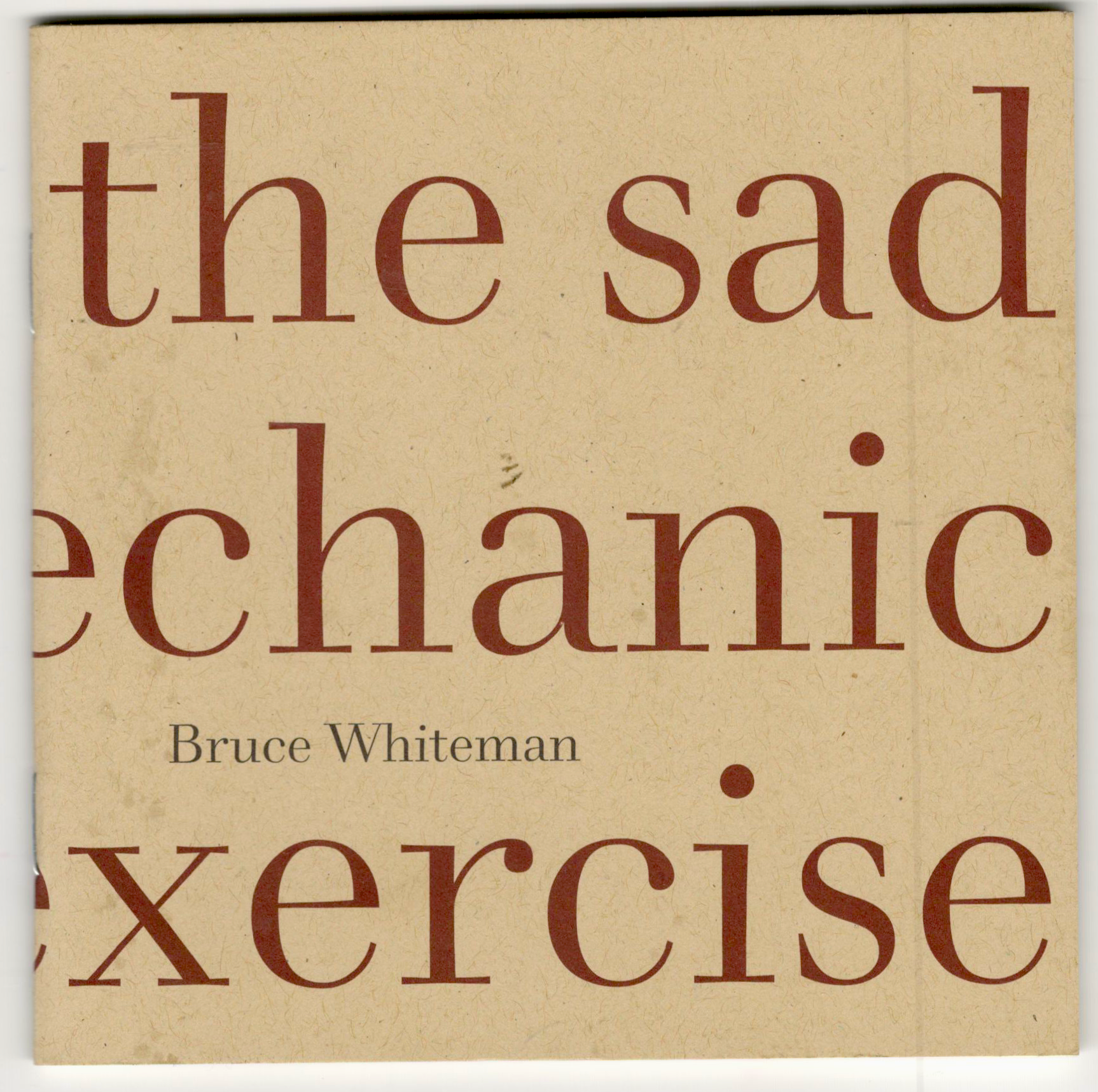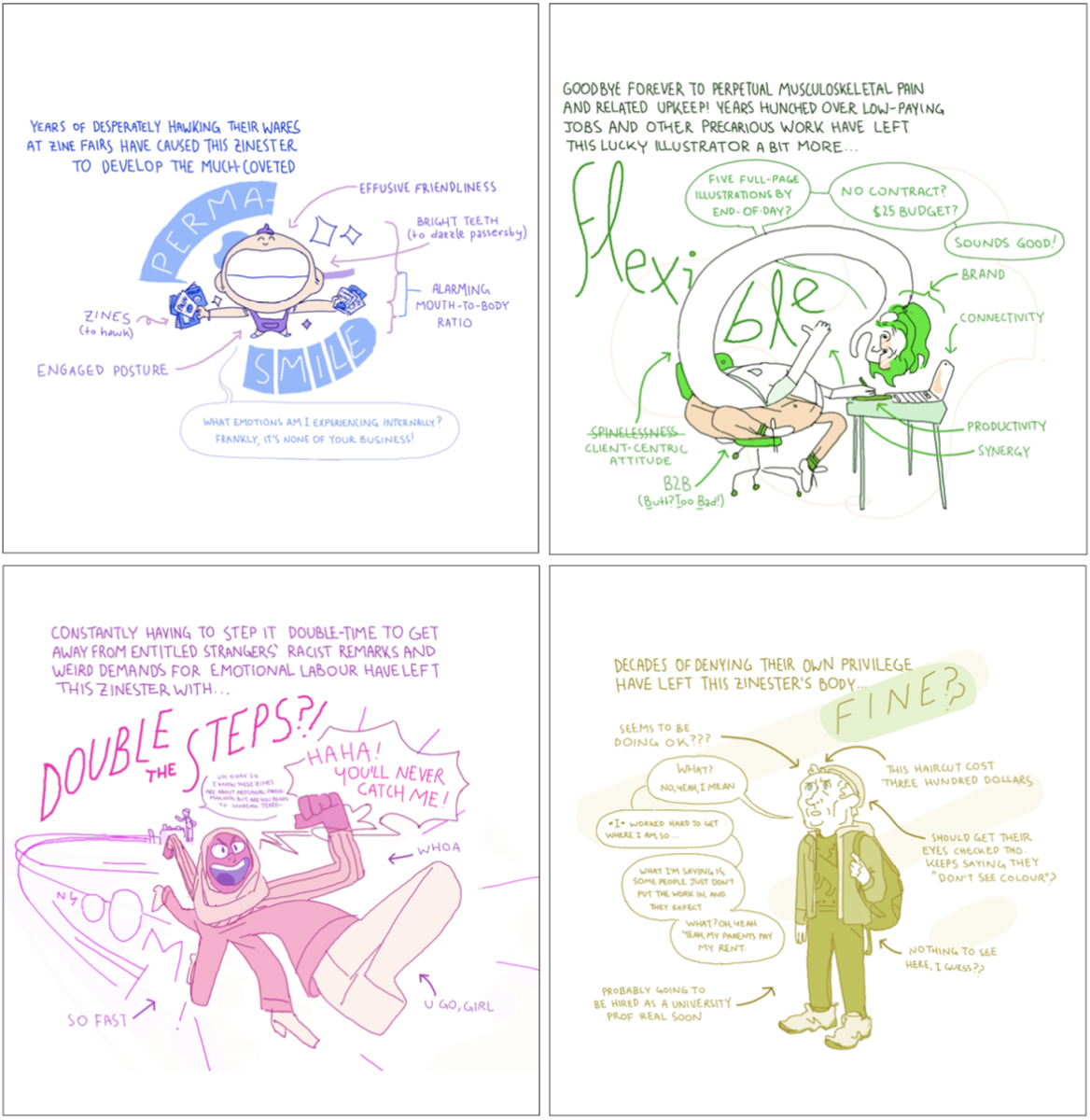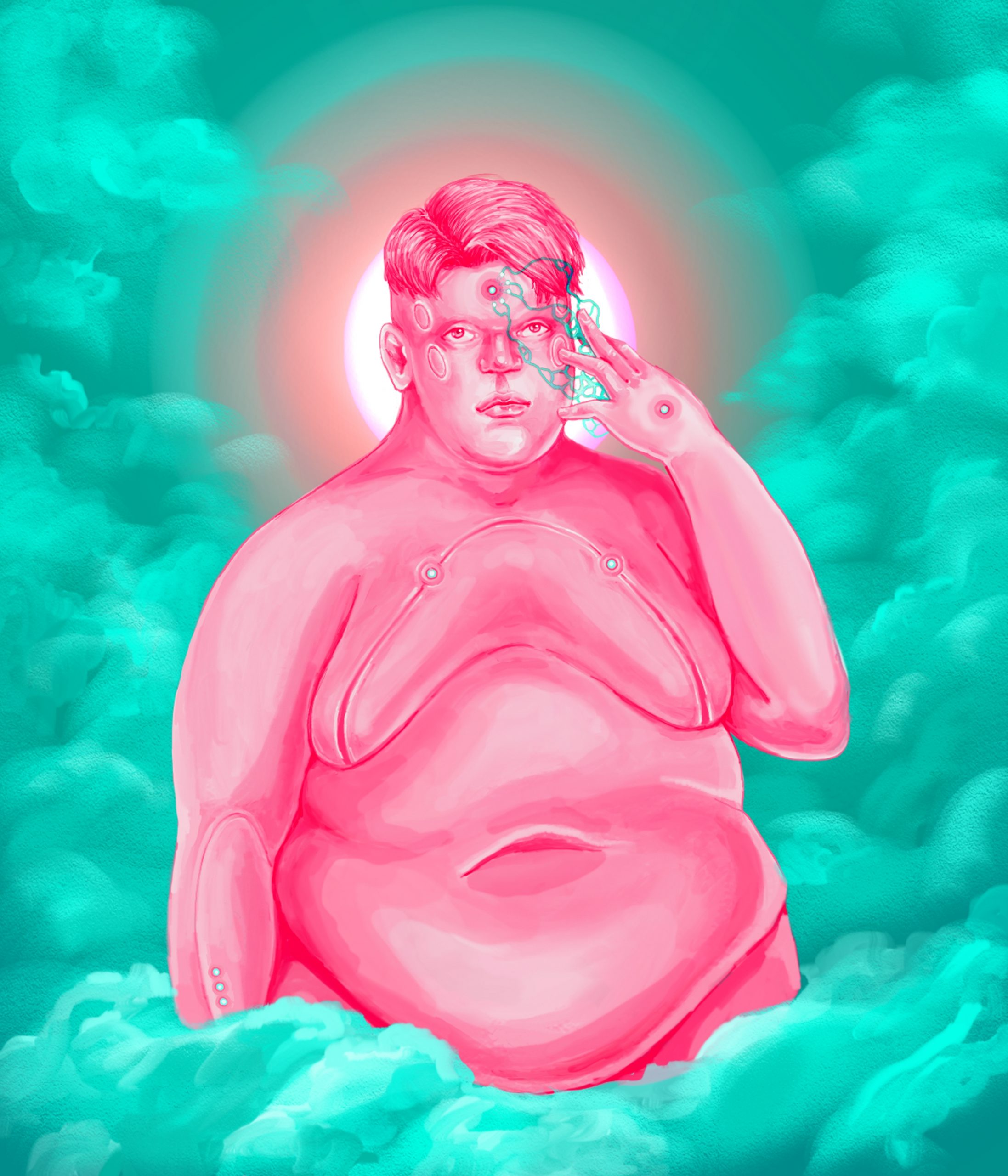 The Sad Mechanic Exercise
The Sad Mechanic Exercise
Chapbook, Bruce Whiteman, 27 pgs, Gaspereau Press, gaspereau.com, $4.95
Bruce Whiteman borrows his title from Alfred Lord Tennyson’s In Memoriam, who describes poetry as “The sad mechanic exercise,” which “Like dull narcotics, [numb the] pain.” His chapbook, then, is an analgesic — Book VIII of the ongoing prose- poem The Invisible World is in Decline, first published by Coach House Books in 1984.
The nine poems flow into one another near-seamlessly and lament the exile and heartbreak faced by their speaker, along with his troublesome relationship with time, memory, and mortality. The poet frequently finds himself reflected by Ovid, and quotes extensively from Tristia — those poems being written throughout their author’s exile from Rome. Whiteman’s speaker, though, has not been exiled from the capital but to it. “The T place is white and cold…It is dominated by high buildings where tens of thousands of people make love at night hundreds of feet up in the air and drink coffee at breakfast filtered from beans that have come from thousands of miles away.”
The final package — No. 40 of Gaspereau Press’ Devil’s Whim Occasional Chapbook Series — is memorable. Whiteman’s poems may be “overwhelmed by feelings of loss and emptiness,” to quote from “A Man Forbid,” but Gaspereau’s ever-conservative design gives the chapbook an appropriately sombre tone. With type by Františec Štorm, printed in black and burgundy on Coach House zephyr paper, the final product is gorgeous.




